FanView: Why Are Goalkeepers Over-Protected in the Modern Game?
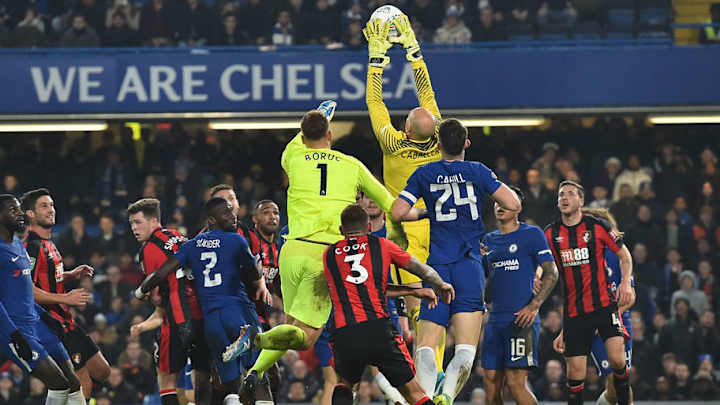
Watch any professional game of football and you may notice that any time an attacker and goalkeeper go up for a challenge from a set piece and end up in a heap on the floor, it is (nearly) always the keeper who is awarded a free kick.
Why is this the case?
keepers may have the greater advantage of being able to use their hands, but it is still a seemingly inevitable fact that when there is a collision involving the keeper in the box, the attacking side will have the foul given against them.
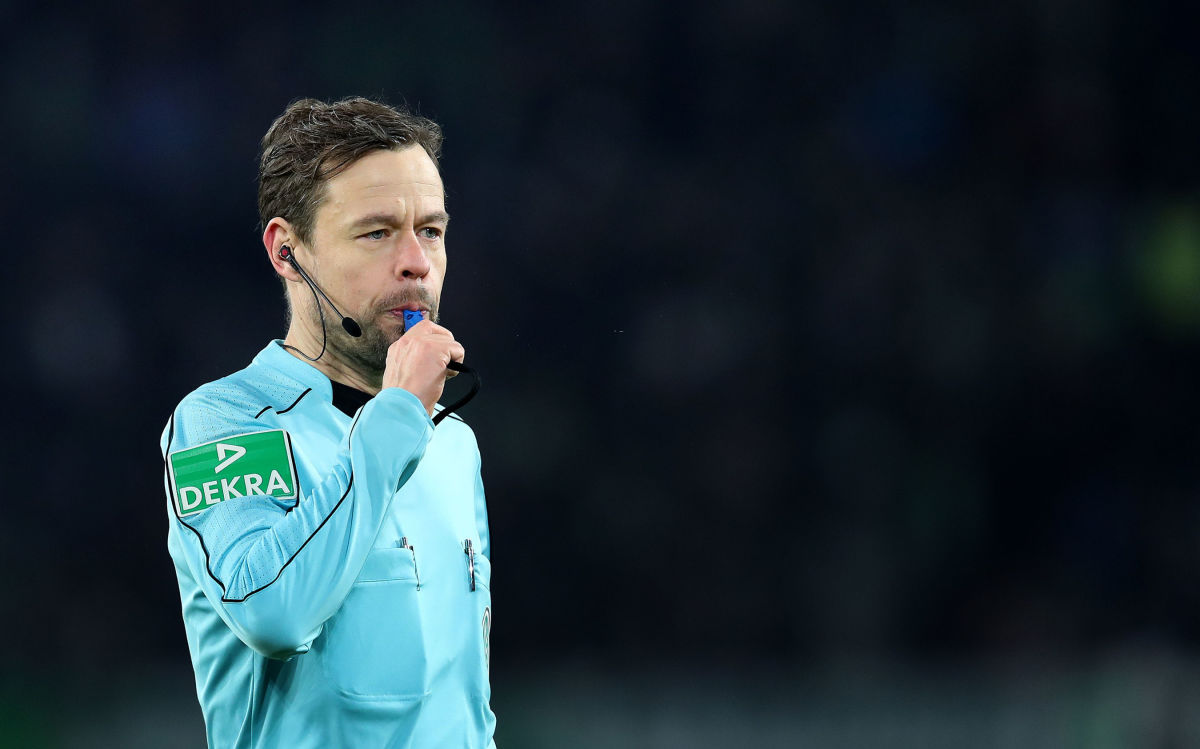
The apparent over-protection of keepers during set plays stems from FIFA's laws of the game, which - like in many areas of play - offer room for interpretation.
"It is an offence to restrict the movement of a goalkeeper by unfairly impeding him, e.g. at the taking of a corner kick.''
This specific directive gives officials an indication on the subject, but it is a bit of a grey area that has lent itself to creating an unfair bubble of protection around football's number ones.
While goalkeepers normally get the benefit of the doubt in a collision, their own dangerous play can be overlooked on occasion by the man with the whistle, who would be so quick to punish if the tables were turned.
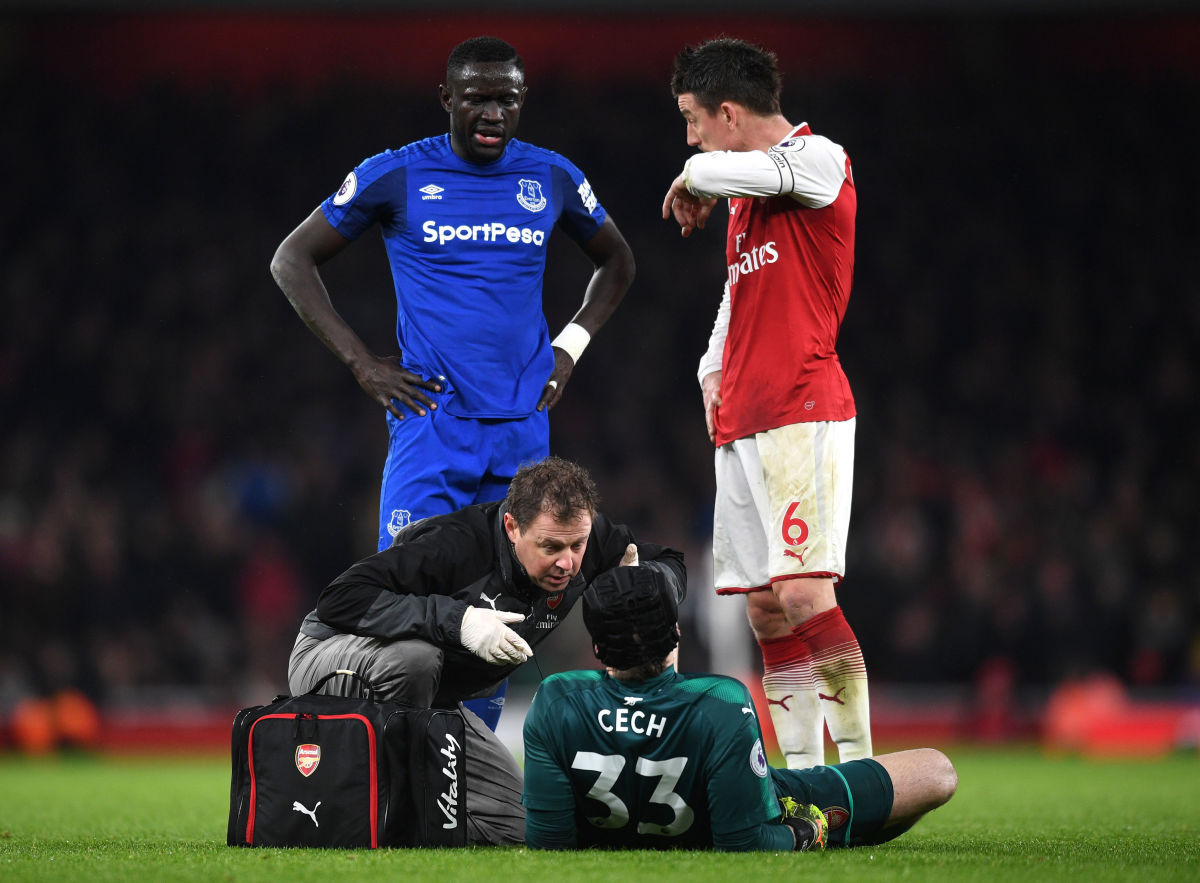
Harald Schumacher famously avoided punishment for his reckless challenge with Patrick Battison in the 1982 World Cup, while the final of the 2014 World Cup saw a similar incident involving another German stopper in Manuel Neuer.
In the match between Germany and Argentina, Neuer clattered into Gonzalo Higuain with his knee while jumping for the ball. No foul was given, and little was made of it at the time by fans and pundits alike, because Neuer touched the ball first.
However, taking into consideration Neuer's need to out-jump his opponent to gather or punch the ball, this still surely constitutes dangerous play - and if it had this been the other way around a foul would have surely been given against Higuain.
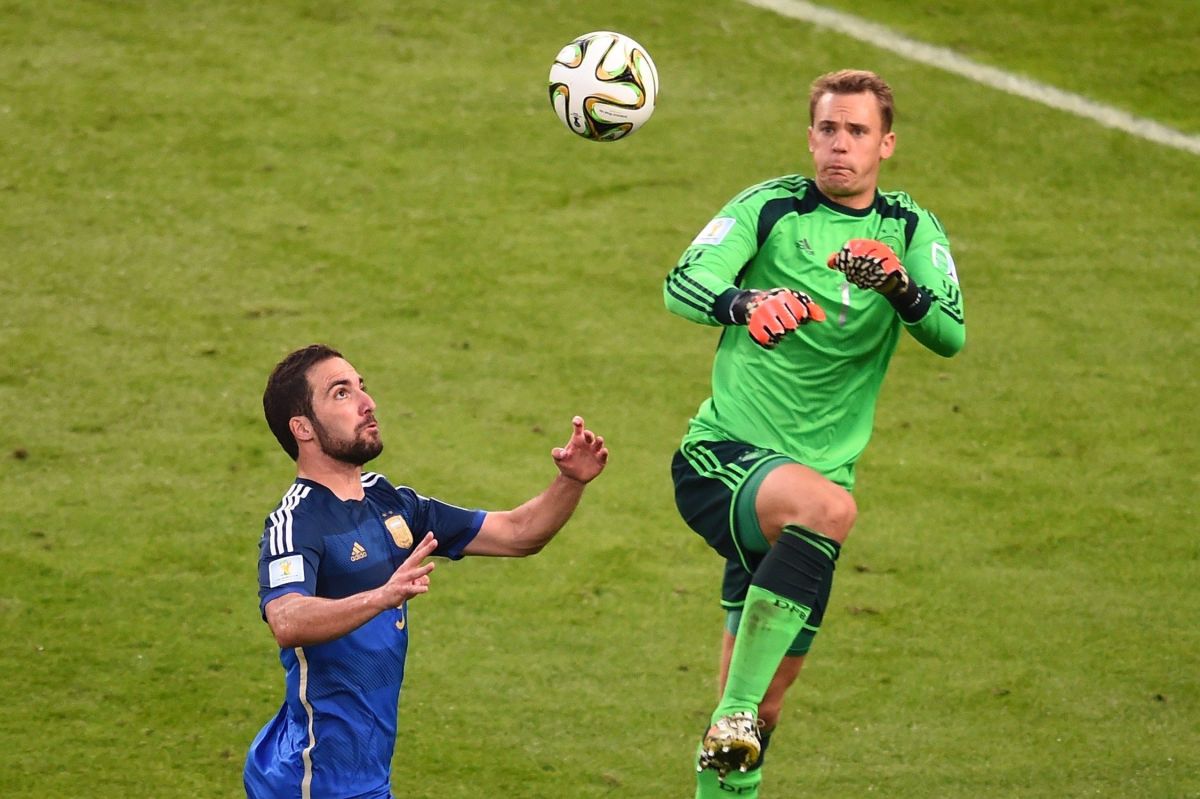
One reason for over-protection is that keepers are at risk of serious injury in a way that outfield stars aren't.
However, surely when a keeper and outfield player are challenging in the air both are at equal risk of injury, so should surely be restricted by the same rules. It is beyond frustrating how many times that a keeper is awarded a foul purely for landing on the floor.
Have you ever seen a goalkeeper punished for diving? No, me neither.
Smart keepers know they will be given the benefit of the doubt, and in my opinion some take advantage of that.
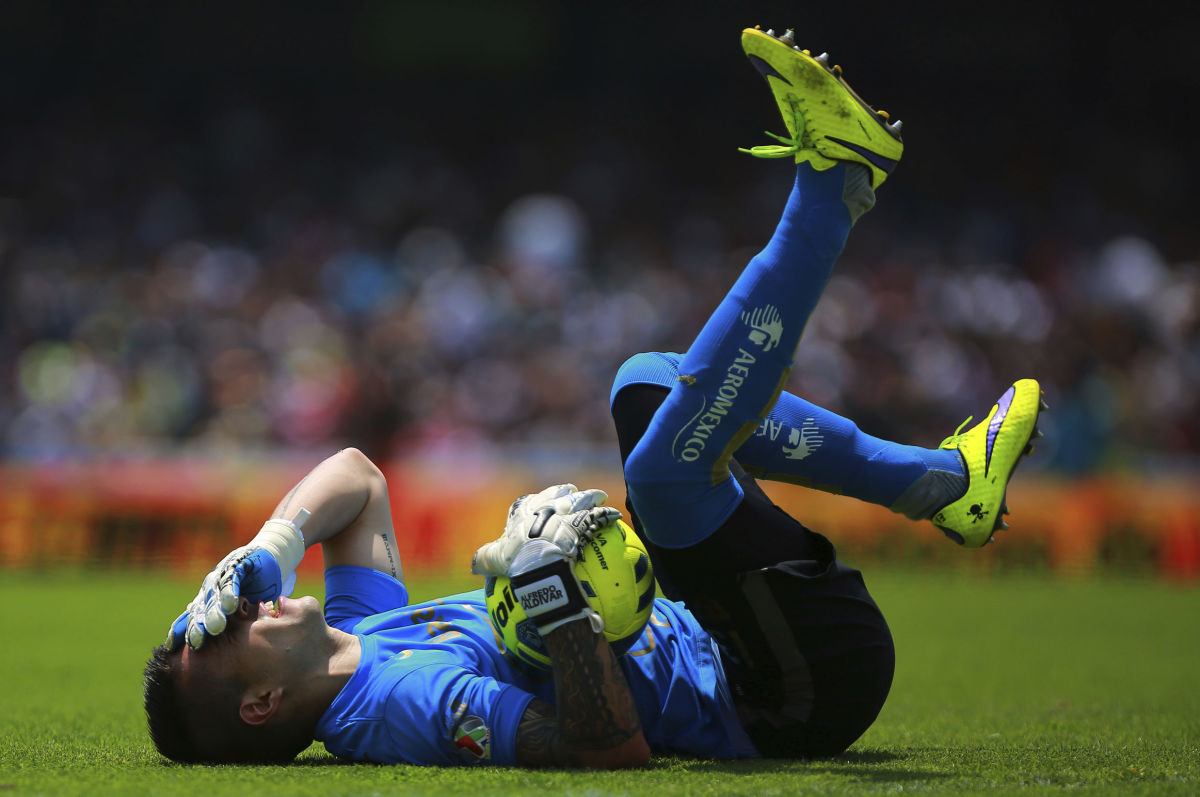
I cannot say there is an easy solution to this problem. It is admittedly very difficult for referees to make a decision when there is a sea of players crowding the penalty area.
The rule relating to this issue is one that is hard to interpret.
'Unfair impeding' is a phrase that is hard to define and unfortunately for attacking sides at set-pieces it does not seem that the issue will be resolved anytime soon, even if the much talked about VAR is introduced into the game.
